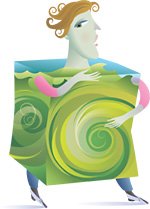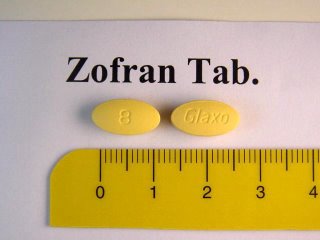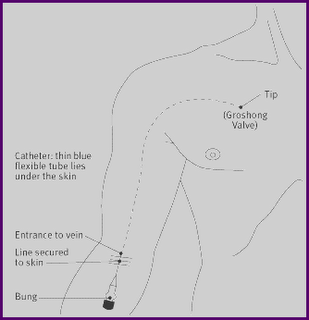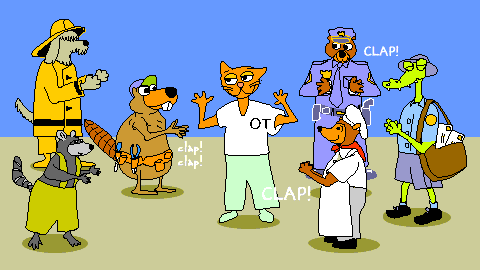
I continue to feel better daily. I am working more hours telecommuting and being on-site at my place of employment. Even more importantly, I have the sensation that my mental acuity is good and my ability to contribute is excellent. Still, my blood counts tells a sobering story.
This week I had my second chemotherapy treatment, so it was natural for me to be curious about my blood counts. Hemoglobin, platelets, white blood count, and absolute neutraphil counts were all disappointing. Which means no matter how well I might be feeling these days, I am vulnerable to infection, more so now that at any other point in my treatment during 2006.
Yesterday I made a foolhardy decision to test one of the predictable side effects of the oxaliplatin treatment, namely sensitivity to cold. I took a bite of an ice cream sandwich and immediately sensed a constriction of the throat as well as unpleasant tingling sensations throughout the mouth. Even a drink of cold water brought on the same sensations.
The same happened today after purchasing a bottle of water. Sips would initiate that same sensation. But, in addition, I began suffering neuropathy side effects, especially tingling in the finger tips. Even pushing numbers on a telephone keypad would result in low-level pain. But it wasn't too bad and I was able to catch up on all my business voice mail messages while on-site at work in the morning. I just had to let the water warm up before consuming it.
These are all lessons in managing side effects, lessons which again bring home the truism that my body is like most others. I am subject to basic biological processes well documented and predictable, so that no matter how unique I might feel, I will react like most others to the drugs I am consuming.
Saturday is the day I believe the nausea side effects will hit me. But I'm prepared now and feeling quite optimistic.
Powered By Qumana










